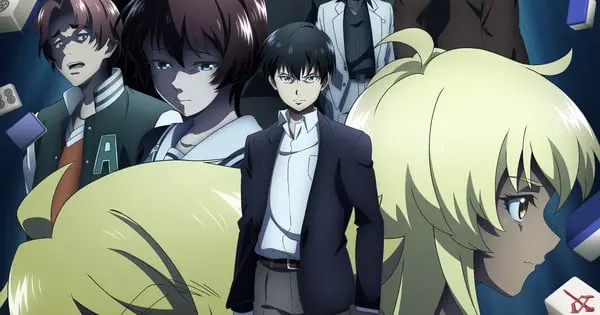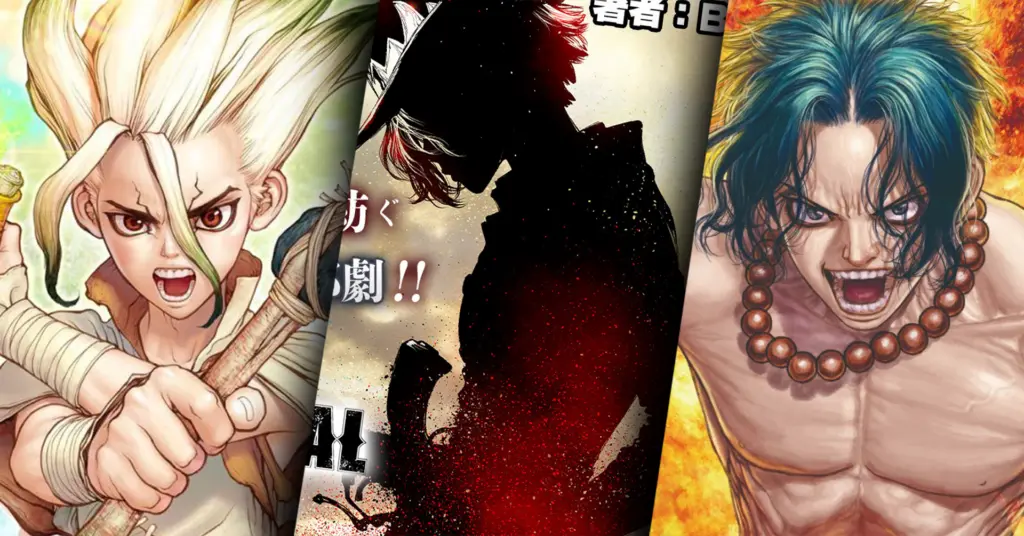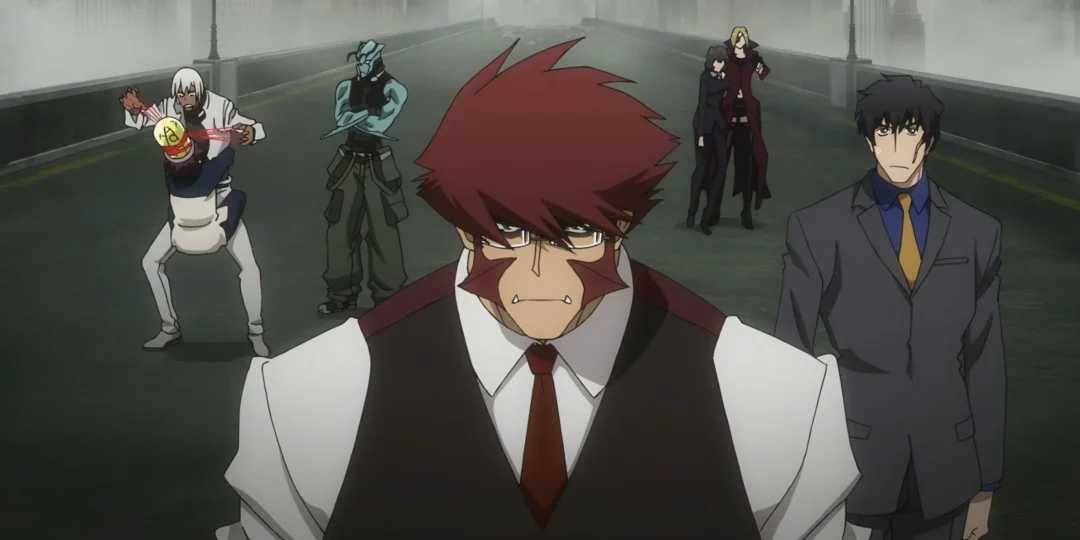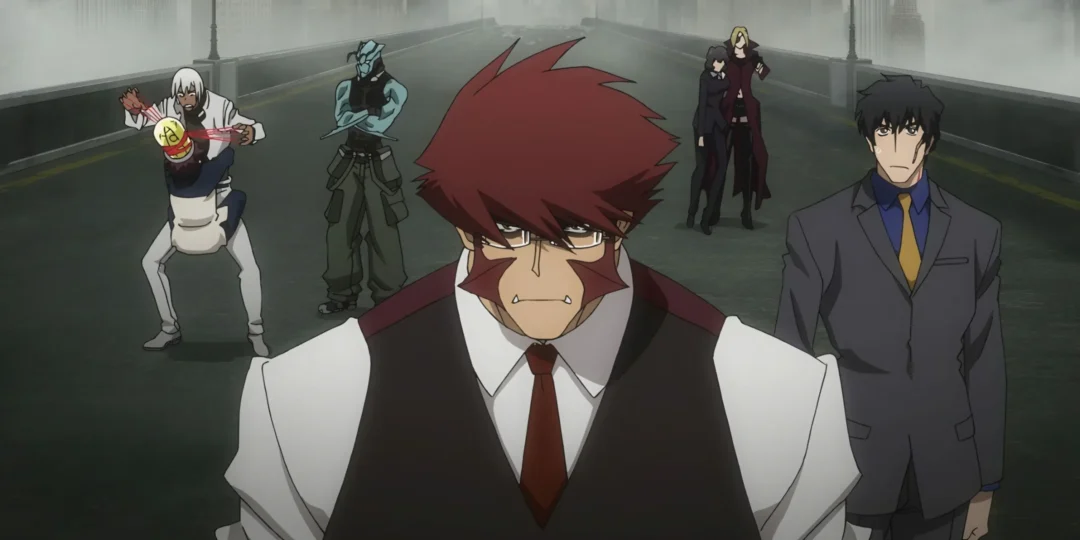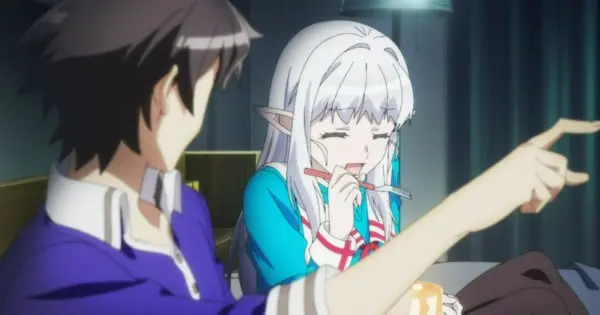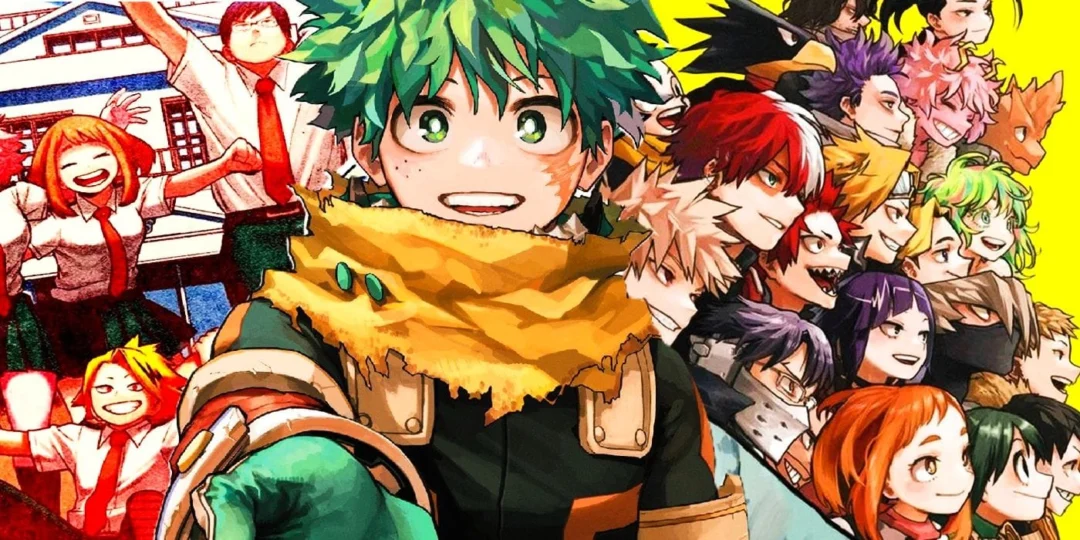The conclusion of My Hero Academia has been a hot topic among fans. While the initial ending sparked controversy, the release of volume 42, containing a crucial epilogue, has reshaped the narrative, proving that the series concluded on a high note, both critically and commercially. Let’s delve into the details of this debated finale.
Initial Fan Reactions: Controversy and Concerns
The original conclusion of the My Hero Academia manga, chapter 430, left some fans feeling underwhelmed. Many readers felt the ending provided only a superficial wrap-up, failing to delve deeply into the futures of beloved heroes. There were concerns that the series didn’t explore the destinies of many characters and that the finale didn’t fully address all the plot points that were raised throughout the series. Some fans were also upset that Deku did not become the number one hero, or that his sacrifice of his quirk seemed to be in vain.
A Second Look: The Epilogue’s Impact
However, these initial criticisms were challenged by the release of My Hero Academia volume 42. This volume featured a significant 38-page epilogue, which offered a more comprehensive look into the future of the characters. This extra content, known as chapter 431, aimed to address the concerns of fans and provide a more satisfying conclusion. The epilogue provided glimpses into the adult lives of the heroes, showcasing their careers and personal growth. This additional content helped to redeem the finale in the eyes of many fans, proving that My Hero Academia’s epilogue was not a failure but rather a successful way to end the series at its peak.
The Epilogue’s Content: What Did We See?
The epilogue contained a significant timeskip, jumping eight years into the future. This allowed readers to see how the young heroes of Class 1-A had developed into adults.
- Deku’s New Role: Izuku Midoriya, despite losing his quirk, became a heroics teacher alongside his former mentor, Eraser Head. He is seen using his analytical skills to evaluate the quirks of his students. This new position offered a satisfying sense of closure to his character. It showcased how he imparts his experience to the next generation of heroes.
- Class 1-A’s Hero Careers: Many of Deku’s classmates went on to become successful Pro Heroes. Characters like Bakugo, Todoroki, Shoji, Iida, Asui, Yaoyorozu, Uraraka, and Kirishima are explicitly mentioned as powerful and popular pro heroes.
- Bakugo’s Popularity: Even though he is a powerful pro hero, Bakugo is still loud and abrasive which affects his popularity poll standing. He is ranked number 15.
- Todoroki’s Success: Shouto became the Number Two Pro Hero, showcasing his immense power and popularity.
- Lemillion’s Rise: Lemillion, also known as Mirio Togata, has become the top hero, solidifying his position as one of the best.
- A Focus on Dai: The epilogue also focused on a new character named Dai. It is hinted that his story will be continued, potentially showing his training to pass the U.A. Entrance Exam. This mirrored Deku’s journey from the beginning of the series.
The epilogue’s detailed insights into the characters’ futures and the world’s new normal resonated with many fans, who felt it addressed the main concerns of the original conclusion.
Sales Success: Proving the Epilogue’s Impact
Despite the initial negative reactions, the sales of volume 42 told a different story. The volume became the best-selling volume of the entire My Hero Academia franchise. This milestone demonstrated that the ending, particularly with the added epilogue, was a commercial success.
- Million-Copy Milestone: Within a week of its release on December 4, 2024, volume 42 had already reached one million copies in circulation. This achievement put it alongside other manga titans like Demon Slayer, Attack on Titan, and One Piece.
- Doubling Sales: Volume 42 nearly doubled the sales of the previous volume, number 41, in its first week. This surge in sales indicates strong fan support for the final volume.
- December Sales Charts: In December 2024, My Hero Academia was the second best-selling manga series, selling 1,182,751 copies. This further highlights the commercial success of the series’ conclusion.
- Overall Success: The My Hero Academia manga has sold over 100 million copies. By April 2024, it had already crossed the 100 million milestone, joining a select group of only 20 other series to reach this feat. This was commemorated with a special illustration by Kohei Horikoshi and a message from the creator.
The sales figures prove that the My Hero Academia manga ended its run at its highest point, refuting the notion that the controversial epilogue was a failure.
Canon Confirmation
One of the biggest questions from fans after the release of the epilogue was if the additional content would be considered canon. Creator Kohei Horikoshi confirmed that chapter 431, the epilogue in volume 42, marks the definitive end of the manga’s story. In a heartfelt message, Horikoshi released the cast from their drama, implying that their adventures in the final entry will be the last fans see of them, at least until further notice. This canon confirmation put to rest any doubts about the validity of the epilogue, solidifying it as the true ending of My Hero Academia.
The Series’ Legacy
My Hero Academia, created by Kohei Horikoshi, is a hugely popular manga that has achieved critical and commercial success.
- Shonen Manga: It is a “shonen” manga, a category aimed at young teen boys, but has gained a wide audience.
- Global Success: It has achieved significant success both within Japan and internationally, with 40 million copies sold outside Japan.
- Anime Adaptation: The manga was adapted into a popular anime series, further expanding its fanbase. The anime has received praise for its animation, music, pacing, and voice acting. The series has had seven anime seasons, available on streaming services like Crunchyroll. An eighth and final season is scheduled for release in late 2025.
- Franchise Expansion: My Hero Academia has expanded into various media, including spin-off mangas, light novels, stage plays, merchandise, and video games. It has also spawned four animated films and several original video animations. A live action film by Legendary Entertainment is also in development.
- Critical Acclaim: The manga has received critical acclaim for its art, characters, storytelling, and action scenes, and won the Harvey Award for Best Manga in 2019.
The success of the My Hero Academia franchise highlights the series’ impact on popular culture.
Conclusion
While the initial ending of My Hero Academia manga faced some criticism, the release of volume 42 and its comprehensive epilogue proved to be a major turning point. The added content addressed fan concerns, gave satisfying conclusions to beloved characters, and ultimately led to record-breaking sales. The series concluded as a commercial success, and the epilogue is considered canon by its creator, solidifying My Hero Academia’s place as a fan favorite and proving that the series truly finished at its peak. It’s a reminder that initial reactions can sometimes be misleading, and that a well-crafted conclusion can redeem even the most controversial of beginnings.

